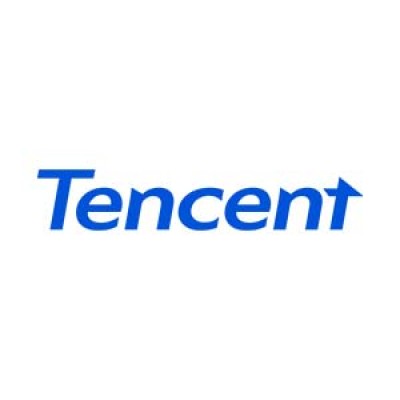GenAI Revolution in Asia and Oceania
April 23, 2024, 3:36 am

Location: United States, California, Sunnyvale
Employees: 10001+
Founded date: 2000
Total raised: $3.24B
The rise of Generative AI (GenAI) in Asia and Oceania is reshaping the tech landscape, with projected software revenue exceeding $18 billion by 2028. Leading markets like China, Japan, and South Korea are spearheading GenAI development, leveraging localized infrastructure and talent to create innovative solutions. Companies like Alibaba, Baidu, and Huawei are at the forefront, developing GenAI products tailored to regional needs. India and Singapore are also making strides, with Indian vendors focusing on multilingual models and Singapore launching SEA-LION for Southeast Asian languages. However, the region faces challenges in talent acquisition and data sovereignty, highlighting the need for collaboration between governments and tech suppliers to build a robust GenAI ecosystem. Omdia's Chief Analyst emphasizes the importance of GenAI localization and data sovereignty, paving the way for AI sovereignty in the region.
Title: Gentoo's AI Ban: A Bold Move or Marketing Strategy?
Description: Gentoo, a popular Linux distribution, has imposed a ban on using Generative AI tools for code writing, error reports, and documentation. This decision, driven by concerns over copyright issues, quality control, and ethical considerations, has sparked debate within the tech community. While Gentoo's move is seen as a principled stand against potential legal and ethical pitfalls associated with AI-generated content, some view it as a strategic marketing move to differentiate itself from mainstream distributions. The ban raises questions about the quality of AI-generated code and the implications of relying on AI tools for software development. Gentoo's stance underscores the importance of ethical AI practices and community-driven development in the tech industry, setting a precedent for responsible AI usage.
Title: Gentoo's AI Ban: A Bold Move or Marketing Strategy?
Description: Gentoo, a popular Linux distribution, has imposed a ban on using Generative AI tools for code writing, error reports, and documentation. This decision, driven by concerns over copyright issues, quality control, and ethical considerations, has sparked debate within the tech community. While Gentoo's move is seen as a principled stand against potential legal and ethical pitfalls associated with AI-generated content, some view it as a strategic marketing move to differentiate itself from mainstream distributions. The ban raises questions about the quality of AI-generated code and the implications of relying on AI tools for software development. Gentoo's stance underscores the importance of ethical AI practices and community-driven development in the tech industry, setting a precedent for responsible AI usage.

